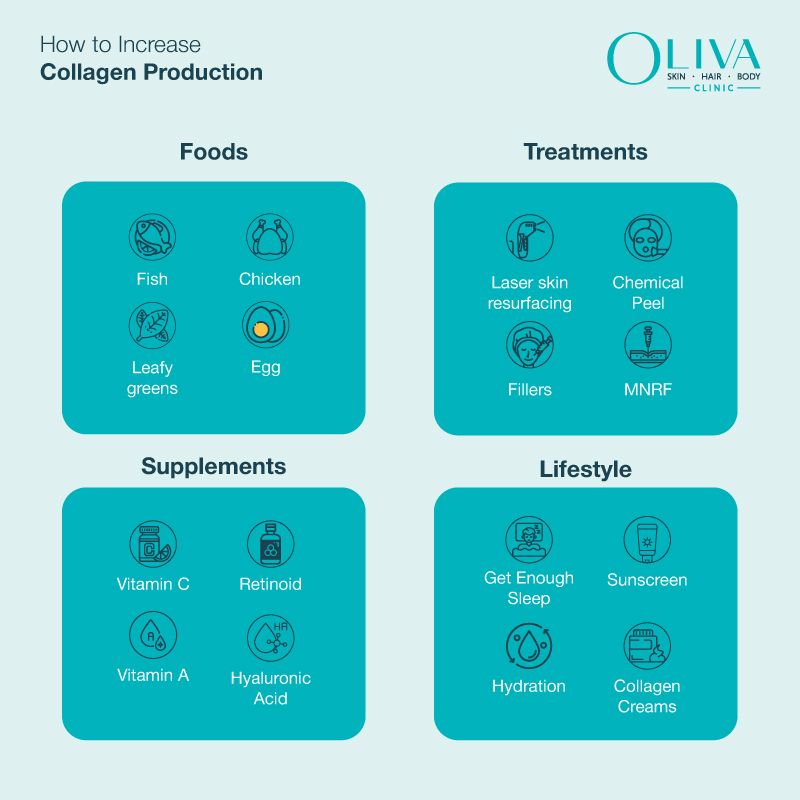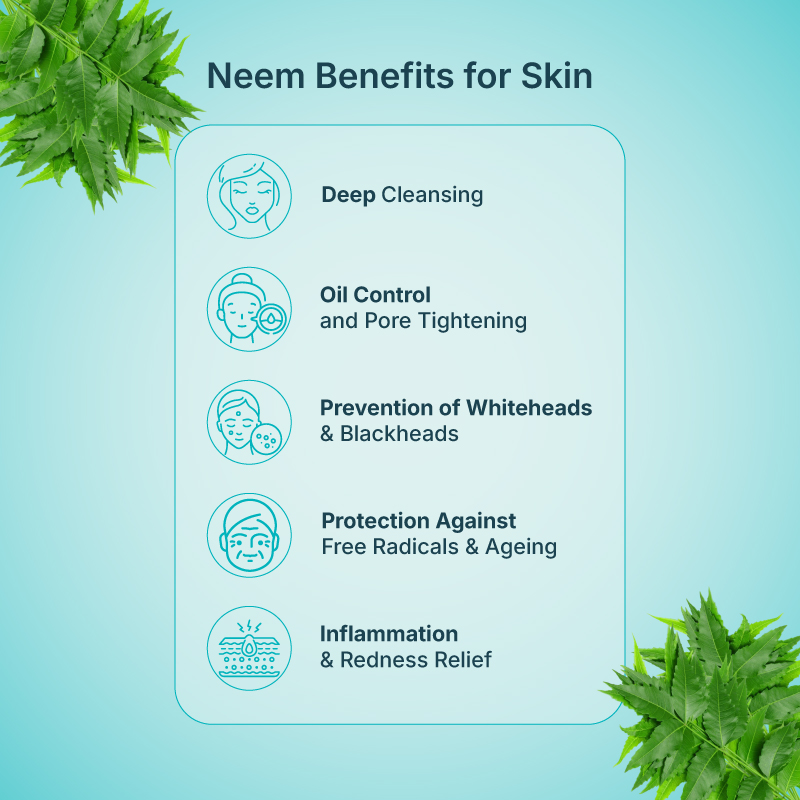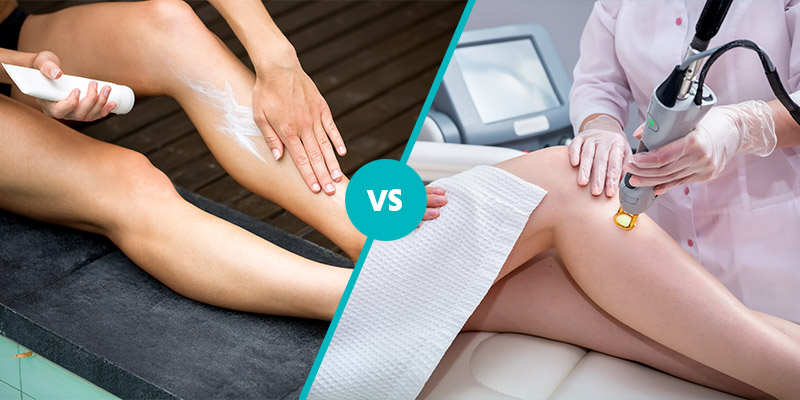How to Increase Collagen Production: Treatments, Foods & Supplements
Collagen, the most powerful protein for smooth, plump, and youthful skin, starts to decline as you age. It can result in fine lines, saggy skin, loss of skin firmness, and facial hollows. But there is no need to worry as there are several ways in which you can boost collagen production. From simple skincare habits, eating nutritious meals, to dermatologist-approved clinical treatments, you can pick and choose the best ones to improve collagen production in your skin. Keep reading to know more about the reasons for collagen loss, why it is important for the skin, and how to increase collagen production.
In This Article

What Reduces Collagen In The Face?
The most common and natural cause of collagen reduction is ageing. Besides that, excessive exposure to sun and pollution, smoking, [1] lack of proper nutrition and enough sleep, and high sugar consumption can all contribute to loss of collagen.
Why Collagen Is Important For The Skin?
Collagen makes up 75% of the skin, maintaining skin firmness and elasticity It helps the skin retain moisture, preventing it from drying out or sagging. Collagen is also essential for healing scars and wounds, while promoting new cell growth. It further also acts as a barrier against UV rays and pollution. When the skin’s capacity to produce collagen reduces, it leads to wrinkles, saggy, and thinning skin.
Signs Of Collagen Loss On The Face
The most common signs you will notice when your skin is losing collagen on the face include dry, thin, saggy skin, wrinkles and fine lines, hollow cheeks, and sunken and dark under eyes.
How To Stimulate Collagen Production In The Skin?
You need a holistic approach to improve collagen production in the skin, especially if you are in your late 20s and older. Make sure you eat collagen-rich foods like fish, chicken, citrus foods, fruits, berries, and leafy vegetables. Have a proper skincare routine with products and ingredients that suit your skin and fulfil your skin’s unique needs. Consult a dermatologist and include topical treatments like retinoids, vitamin c, peptides, hyaluronic acid, etc. Take the necessary measures to protect your skin from UV damage, like wearing sunscreen every day, even when you are indoors. Hydrate well. Avoid smoking and limit alcohol consumption.
You can also consider clinical treatments like micro-needling, which stimulates collagen production.
Which Foods Increase Collagen Production?
Eating nutritious food plays a surprisingly significant role in contributing to youthful, firm, and healthy skin. Here are some foods that improve collagen production in your body:
| Food | What It Contains | How It Helps with Collagen |
| Bone Broth | Collagen, gelatin, amino acids | Supplies essential building blocks for collagen synthesis |
| Eggs | Proline (in egg whites), small amounts of collagen in membranes | Supports collagen production |
| Citrus Fruits | High in vitamin C | Converts amino acids into collagen and maintains its structure |
| Fish | Collagen in skin and bones | Builds and maintains skin elasticity |
| Leafy Greens | Vitamin C, chlorophyll | Stimulates and sustains collagen production |
| Aloe Vera | Compounds that stimulate fibroblast cells | Aids collagen synthesis and skin repair |
| Ginseng [2] | Antioxidants, anti-inflammatory compounds | Boosts collagen and slows skin aging |
| Berries | Vitamin C, antioxidants | Protects collagen and supports its synthesis |
| Chicken | Type II collagen, glycine, proline | Enhances skin structure and elasticity |
| Avocados | Vitamin E, healthy fats | Protects collagen from damage, improves skin elasticity |
| Tomatoes | Lycopene, vitamin C | Supports collagen formation and protects it from degradation |
| Bell Peppers | Vitamin C, antioxidants | Boosts collagen synthesis and prevents its breakdown |
| Beans | Protein, lysine, copper | Promotes collagen formation and supports skin strength |
| Oily Fish | Omega-3 fatty acids, collagen | Reduces inflammation and keeps skin hydrated |
| Organ Meats | Type I collagen, essential nutrients | Strong source of collagen and skin-supporting nutrients |
| Cashew Nuts | Zinc, copper | Important cofactors for collagen production and repair |
| Oysters | Zinc, copper | Aids collagen synthesis and supports skin regeneration |
| Pork Rinds | Collagen, glycine | Direct source of collagen and key amino acids |
| Soy Milk | Genistein | Stimulates collagen production and enhances skin firmness |
| Garlic | Sulphur | Assists in collagen synthesis and protects against breakdown |
Treatments To Increase Collagen Production
There are several science-backed solutions that help increase collagen production. Take a look at the list below:
- Laser Skin Resurfacing: This treatment involves the use of highly advanced laser technology to target the deeper skin layers and trigger collagen production. [3] It also exfoliates the top, damaged layers of your skin, improving your skin texture, reducing fine lines, tightening saggy skin, along with giving you an even toned skin.
- Micro-needling Radiofrequency: Another advanced US FDA-approved treatment, it combines the use of fine microneedles along with controlled radiofrequency energy to heat the dermis. This dual action boosts the production of collagen and elastin in the skin, tightening it and reducing ageing signs like fine lines, wrinkles, acne scars, and enlarged pores.
- Chemical Peels: Dermatologists use specially-formulated plant-based acids to exfoliate the top layers of the skin, removing dead skin and stimulating collagen [4] production. They customise the strength and type of peels based on the skin type and the severity of the ageing signs, to give you smooth, firm, and younger-looking skin.
- Dermal Fillers: There are hyaluronic acid-based fillers that help with volume loss and fine lines. You will notice the ageing signs disappearing instantly, along with skin hydration. The treatment also aids collagen support.
- PRP Treatment: This treatment uses your plasma with added growth factors for collagen synthesis. The dermatologists inject this on your face for collagen stimulation to rejuvenate dull, saggy skin, improve skin elasticity, and overall skin quality.
- Collagen Induction Therapy: This treatment also involves micro-needling to create micro-injuries on the skin, which stimulates collagen and elastin production.
- Light Therapy: This treatment involves the use of LED or IPL light to reduce inflammation and stimulate collagen to improve skin texture.
- Sculptra: It is an injectable treatment that is made from poly-L-lactic acid to stimulate the skin’s natural collagen production. Unlike other treatment options, it takes time to see results, almost 3 months. It works on volume loss, to smooth out deep wrinkles, and improves firmness. You will need multiple sessions for natural-looking results.
- Radiesse: This treatment is a dermal filler made of calcium hydroxylapatite, offering instant volume and stimulating natural collagen production in the skin. It treats deep wrinkles, saggy jawline, and ageing signs, and the results can last up to 12 months.
- Thread Lifts: This is a minimally-invasive treatment which uses dissolvable PDO or PLLA threads to treat saggy skin while stimulating collagen production. Dermatologists insert them under the skin to provide an instant lift along with firmness in the face, neck, jawline, and eyebrows. The threads dissolve over time, boosting collagen and elastin while improving the skin texture and elasticity.
Supplements To Increase Collagen Production
There are several supplements that help support collagen production in the body, either by creating the ideal collagen-boosting environment in the skin, supplying the necessary building blocks, or improving enzyme activity.
- Vitamin C: These supplements work by converting amino acids into collagen, while protecting existing collagen from oxidative damage.
- Copper: It helps the body build collagen fibres by activating enzymes that link them, giving you firm skin. [5]
- Glycine: It is an amino acid in collagen structure that supports its synthesis. It is also essential for skin repair.
- Ginseng: This supplement has gained a lot of popularity in the recent times. It contains antioxidants that stimulate collagen production.
- Zinc: It helps in collagen synthesis while supporting skin healing and immune function.
- Hyaluronic Acid: Hyaluronic acid supplements do not directly convert to collagen, but help with skin hydration, elasticity, and volume, which create the environment for collagen formation.
Lifestyles Changes Boost Collagen Production
Adopting the following lifestyle changes can help improve collagen production:
- Get Enough Sleep: Getting enough, quality sleep is extremely important as it helps the body repair and recover, including synthesizing collagen.
- Sunscreen: Applying sunscreen daily, even indoors, is crucial to healthy skin. It slows down the appearance of ageing signs by protecting your skin against UV rays damaging the collagen.
- Hydration: Drinking sufficient water keeps the skin hydrated and plump while supporting the collagen structure.
Takeaway
Collagen decline is inevitable as you age, but there are several ways to boost its production. If you are seeing signs of collagen loss like wrinkles, fine lines, hollowness, and volume loss, it is best to consult a dermatologist. They will analyse your ageing signs and create a treatment plan that works for you. There are several science-backed collagen-boosting treatments that are safe and give you lasting results.
Frequently Asked Questions On Increasing Collagen Production
Yes, it is possible. When you engage in regular physical activity, especially strength training, it improves circulation. This improves the delivery of nutrients and oxygen to the skin cells aiding in cell repair and collagen production. It also improves skin elasticity.
Yes, exfoliation removes dead skin cells and promotes new cell turnover, as well as collagen production, which makes the skin firmer and more youthful.
Yes, it is known to send signals to skin cells to produce more collagen and elastin, improving skin elasticity, firmness, and overall appearance.
Citrus fruits like oranges and lemons, strawberries, blueberries, and blackberries, are all great sources of collagen.
Yes, you can consume foods rich in vitamin C and amino acids, take collagen supplements, and ensure good skincare practices like using retinol and sunscreen against UV damage can all help maintain and rebuild collagen in the skin.
Estrogen is the hormone mainly responsible for collagen production. However, growth hormone, thyroid, testosterone, and Insulin-like Growth Factor, all contribute to the maintenance of skin elasticity and strength.
Sweating alone doesn’t produce collagen, but it creates the environment for it. If you want to improve your collagen production, you need a holistic approach: regular and consistent physical activity, nutritious meals, protection from sun exposure, and advanced dermatological procedures.
No, collagen creams cannot remove wrinkles as they do not penetrate the skin layers where collagen works. They can hydrate your skin superficially, but if you want to boost collagen in the skin, you should add actives into your skincare routine or opt for professional dermatology treatments.
Yes, collagen improves skin elasticity and firmness, making your skin tighter and youthful.








